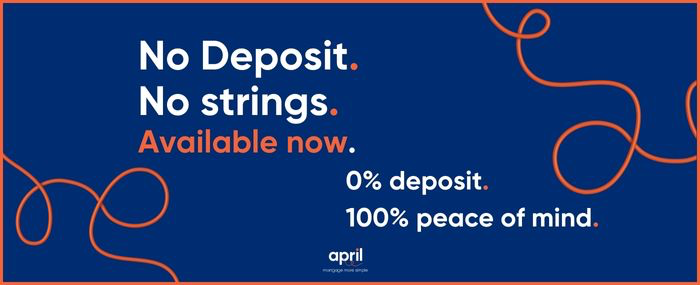Fixed rate versus tracker
Looking to speak to mortgage brokers about fixed rates versus tracker deals.
Some lenders have been cutting some fixed rates this week by up to 1.3 per cent (TSB).
- Would you recommend a tracker over a fixed rate? Does fixed rate pricing need to come down further?
- What advice would you give to people on trackers? Or new borrowers weighing their options?
- Are you having customers be more proactive in reaching out and keeping an eye on rates?











